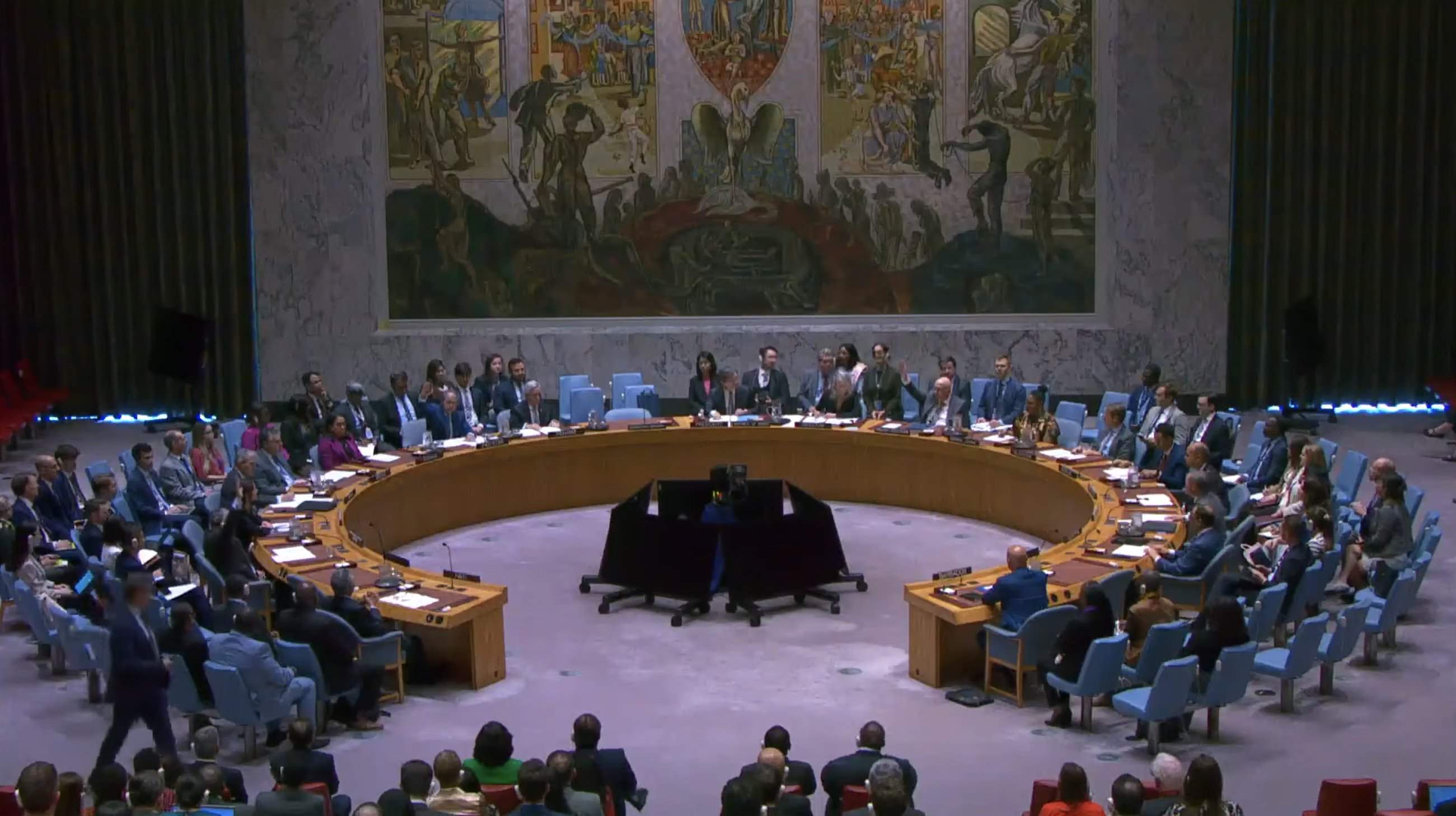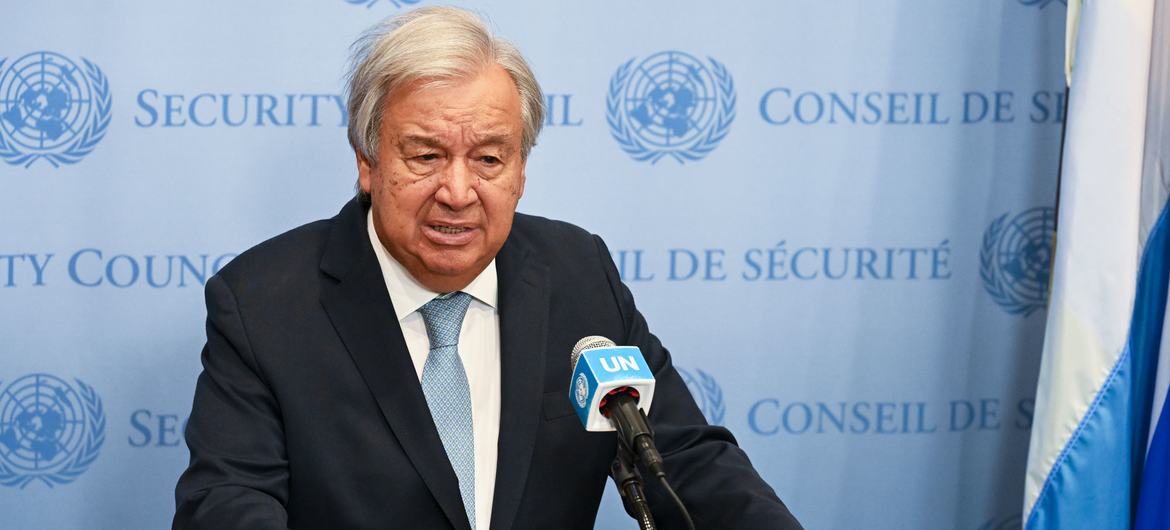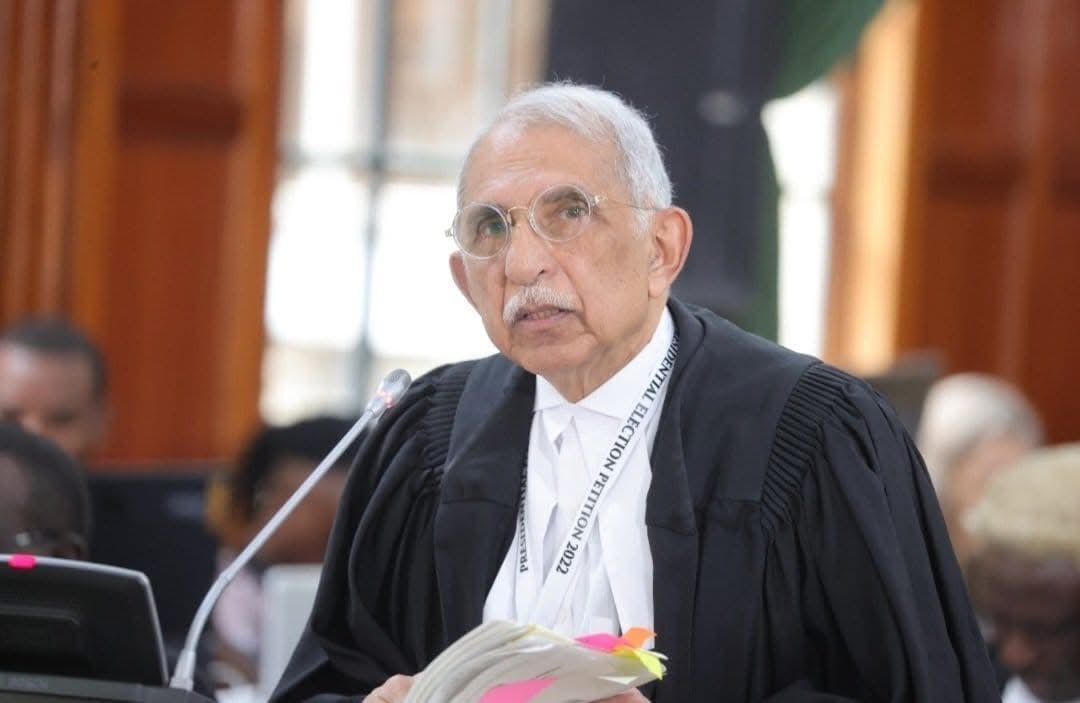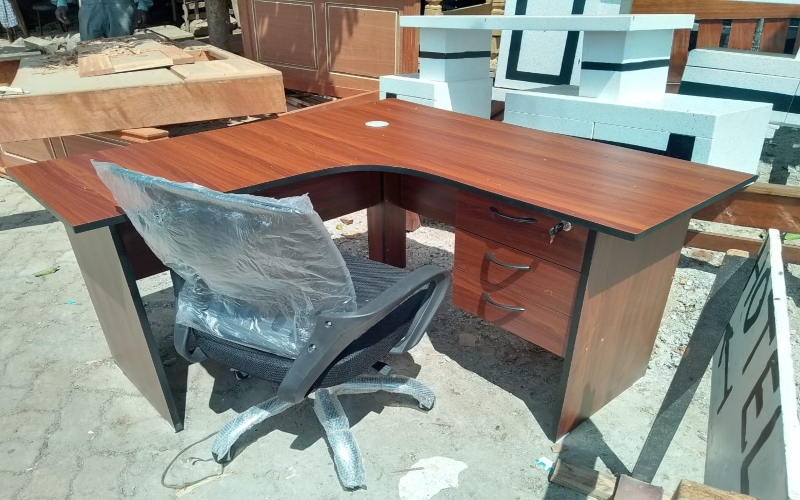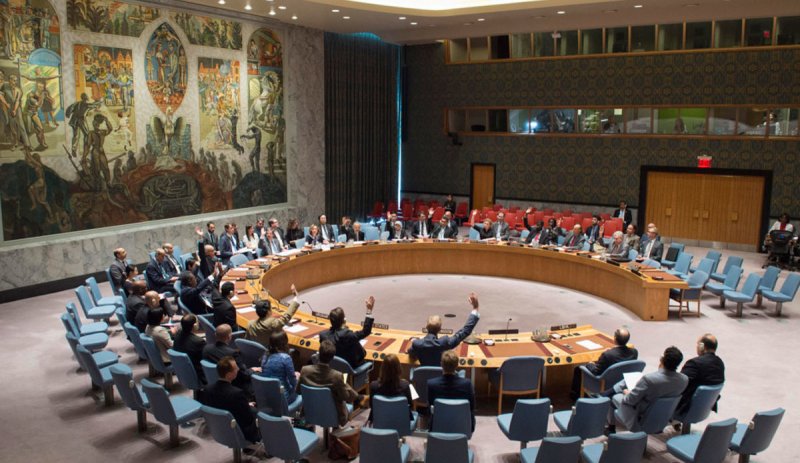Somali police enforce strict license plate regulation to curb insecurity

The police emphasised the importance of vehicle identification in maintaining public safety and combating crime in the city, grappling with insecurity from organised groups and other perpetrators.
The Somali Police Force has announced a decisive move to bolster security in the capital, declaring that vehicles without license plates will no longer be permitted on the streets of Mogadishu.
The regulation aims to enhance the identification and tracking of vehicles to improve the overall security situation in the city.
More To Read
- UN Security Council extends sanctions oversight on Al-Shabaab
- AfDB grants full debt relief to Somalia after decades of economic turmoil
- Trump faces rising backlash over remarks targeting Somali immigrants
- Somalia welcomes first group of Sudanese students under new scholarship programme
- Mogadishu’s Hamarweyne market shut for third day amid tax dispute
- How to make sweet and savoury plantains at home
The announcement was made through an official statement issued by the Somali Police Force, urging all citizens to comply with the new regulation on Tuesday.
"Please, citizens, work with the security agencies to secure the security of the capital and put a number plate on the car, so that it can be identified," the statement read in parts.
The police emphasised the importance of vehicle identification in maintaining public safety and combating crime in the city, grappling with insecurity from organised groups and other perpetrators.
The Somali Police believe unregistered vehicles are linked to various criminal activities, including smuggling and attacks.
The police hope to create a safer environment for residents and visitors alike by ensuring that all vehicles are properly registered and display license plates
Citizens in the Somali capital have been advised to visit the relevant authorities to obtain their license plates immediately if they have not already done so.
The Somali Police Force has also indicated that strict penalties will be imposed on those who fail to comply with the new regulation. It said patrols and checkpoints will be set up around the city entry points to enforce the rule and identify violators.
The new measures are aimed at providing a unique identifier for all vehicles to make it easier for law enforcement to track and monitor vehicles, especially in the case of crimes or militant activities.
Security agencies said when every vehicle has a distinct plate, authorities can efficiently gather information about vehicle movements and ownership, which is essential for maintaining order and safety on the roads.
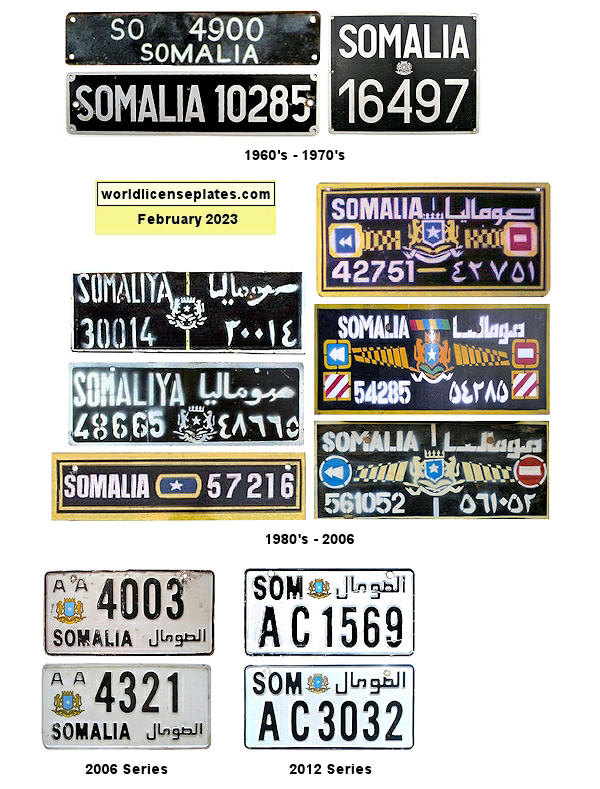 Somali number plates given to registered motor vehicles in the country.
Somali number plates given to registered motor vehicles in the country.
Incidents of violence
In Somalia, incidents of violence and attacks frequently involve the use of vehicles, a tactic commonly employed by militant groups and insurgents.
The significant challenge faced by law enforcement and Criminal Investigation officers has been the absence of identifiable number plates on these vehicles. This lack of identification has made it difficult to trace and apprehend the individuals responsible for these attacks.
As a result, many cases remain unresolved, contributing to insecurity and impunity in the Horn of Africa Country.
Vehicle-Borne Improvised Explosive Devices (VBIEDs) have for years posed a threat and have been used in various attacks by militant groups in many parts of Southern Somalia.
The devices, typically cars or trucks, are loaded with explosives, and employed to cause mass casualties and destruction in densely populated areas or against strategic targets.
Militant organisations, especially Al-Shabaab, the Al-Qaeda ally, have been responsible for numerous VBIED attacks targeting government installations, security forces, international organizations, and civilian gatherings.
In response to the threat of VBIEDs, Somali security forces, supported by international partners, have implemented various measures to mitigate risks and enhance security. These measures include increased surveillance, checkpoints, vehicle inspections, and public awareness campaigns to educate the population about identifying and reporting suspicious activities.
Despite these efforts, the threat of VBIEDs remains a persistent challenge in Somalia's security landscape. The continued use of these devices highlights the complex security dynamics and the ongoing struggle to achieve lasting peace and stability in the country.
The implementation of this rule is believed to be part of plans to increase security preparedness in Mogadishu ahead of the country's national days on June 26 and July 1.
A Ministerial Committee of the Somali Cabinet has been tasked with organising events to mark the celebrations.
June 26 is the day when the northern half of Somalia gained its independence from British rule. July 1 is celebrated as the day when the northern and southern halves of Somalia united to form a single, independent nation. This voluntary union marked the beginning of a new chapter in Somali history.
Top Stories Today
